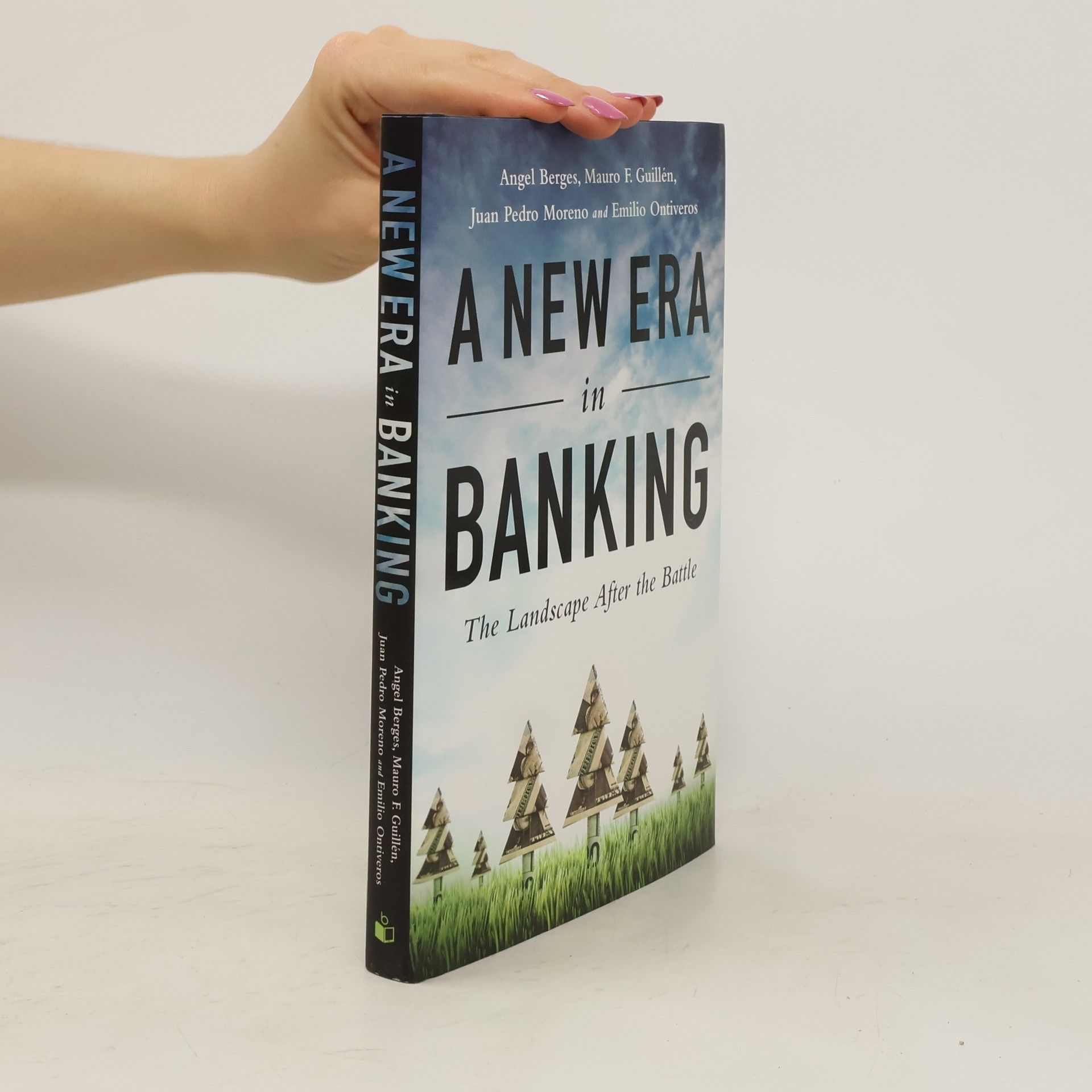A ground-breaking analysis from one of the world's foremost experts on global trends, including answers on how COVID-19 will amplify and accelerate each of these changes
Mauro F. Guillén Livres
Mauro F. Guillén est un sociologue et économiste politique éminent dont le travail explore les liens complexes entre les tendances mondiales et les structures sociétales. Ses recherches portent sur la dynamique des affaires internationales et le paysage évolutif de la gestion d'entreprise, offrant des analyses perspicaces de l'économie mondialisée moderne. En tant qu'éducateur, il favorise une compréhension approfondie des pratiques commerciales interculturelles et des défis du commerce international. Les contributions de Guillén éclairent l'interaction complexe des forces économiques et des réalités sociales à l'échelle mondiale.





2030: How Today's Biggest Trends Will Collide and Reshape the Future of Everything
- 288pages
- 11 heures de lecture
"Bold, provocative...illuminates why we're having fewer babies, the middle class is stagnating, unemployment is shifting, and new powers are rising." - Adam Grant The world you know is about to end—will you be prepared for what comes next? This groundbreaking analysis from a leading expert on global trends reveals a future where the traditional divisions between prosperous and backward economies dissolve. Once, babies were plentiful, workers outnumbered retirees, and aspirations centered on home and car ownership. Companies thrived by focusing on Europe and the U.S., and printed money was the norm. That era is over. By 2030, expect a reality where: - Grandparents outnumber grandchildren - The middle class in Asia and Sub-Saharan Africa surpasses that of the U.S. and Europe combined - Non-Western consumers drive the global economy - Women own more global wealth than men - Robots outnumber workers - Computers outnumber human brains - More currencies exist than countries These converging trends will redefine culture, the economy, and the world. Mauro F. Guillen urges us to adopt "lateral thinking," examining the interplay of various forces leading to a pivotal tipping point in 2030. This exploration not only guides us through impending changes but also revolutionizes our understanding of cataclysmic transformations and their consequences.
A New Era in Banking
- 186pages
- 7 heures de lecture
"A New Era in Banking: The Landscape After the Battle identifies the main drivers of change at the heart of this wholesale transformation of the financial services industry. It examines the complex challenge for financial institutions to de-risk business models, reconnect with customers, and approach stakeholder value creation"--
The Platform Paradox
- 104pages
- 4 heures de lecture
In The Platform Paradox, Wharton professor Mauro F. Guillen argues that many platforms misunderstand key aspects of what it takes to succeed globally, from culture and institutions to local competitive dynamics. He offers an integrated framework for digital platforms to identify and implement a strategy on a truly global scale.
In today’s world, the acceleration of megatrends -- increasing longevity and the explosion of technology among many others -- are transforming life as we now know it. In The Perennials, bestselling author of 2030 Mauro Guillén unpacks a sweeping societal shift triggered by demographic and technological transformation. Guillén argues that outmoded terms like Boomers, Gen X, Millennials, and Gen Z have long been used to pigeonhole us into rigid categories and life stages, artificially preventing people from reaching their full potential. A new postgenerational workforce known as “perennials'' -- individuals who are not pitted against each other either by their age or experience -- makes it possible to liberate scores of people from the constraints of the sequential model of life and level the playing field so that everyone has a chance at living a rewarding life. This multigenerational revolution is already happening and Mauro Guillén identifies the specific cultural, organizational and policy changes that need to be made in order to switch to a new template and usher in a new era of innovation powered by The Perennials.